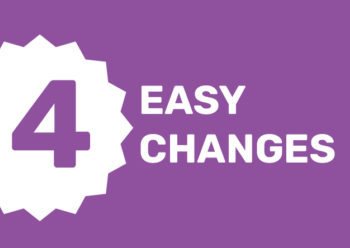When you enter a search query into Google, the website returns a page that shows results for your search. Unless you change your search settings, there are 10 results on the main area of the page that are determined organically by Google's search algorithm. Some results display multimedia or advertisements that are clearly marked "Ad." There is also a growing variety of specialized content boxes that Google will feature to display statistics, charts, quick facts, and much more. Additional results are paginated below, but are reviewed much less frequently.
It is important to understand how some of the main features on Google's results pages appear and how they can impact your SEO campaigns. You should have a strong understanding of how Google displays:
Paid Search Results: The first results that come up for most searches are paid ads that Google sells to other businesses. Ads are generally more costly than organic SEO, but they can drive quick traffic to your website. In many cases, competitors will buy ads for keywords that your business has the first organic listing for, so you will need to keep your eye on paid search results to avoid losing traffic.
Organic Search Results: The main search results that most of Google's users focus on are the organic search results. Organic results are determined solely by Google's algorithm, and the search engine does not offer any practical way for businesses to pay directly for higher organic rankings. Organic results get dramatically more clicks than paid results, so they will constitute the bulk of your efforts when doing SEO.
Knowledge Graph: Google increasingly makes use of what it calls "Knowledge Graph" at the top of search engine results pages to give readers quick answers. Knowledge Graph SEO presents a dilemma for marketers because the click-through rate on a page featuring a Knowledge Graph is very low.
One Box:
Some businesses that properly configure their Google My Business account are able to have their phone number, address, and business information displayed to the right of organic search results that are highly specific to their name or products. One Box is advantageous for most businesses, but it is up to Google to decide whether One Box will show up when people search for your business.
Multimedia: Some search results also show previews for images, videos, shopping pages, and other multimedia elements. Results with images tend to get more clicks, but they also tend to attract lower-quality traffic.









